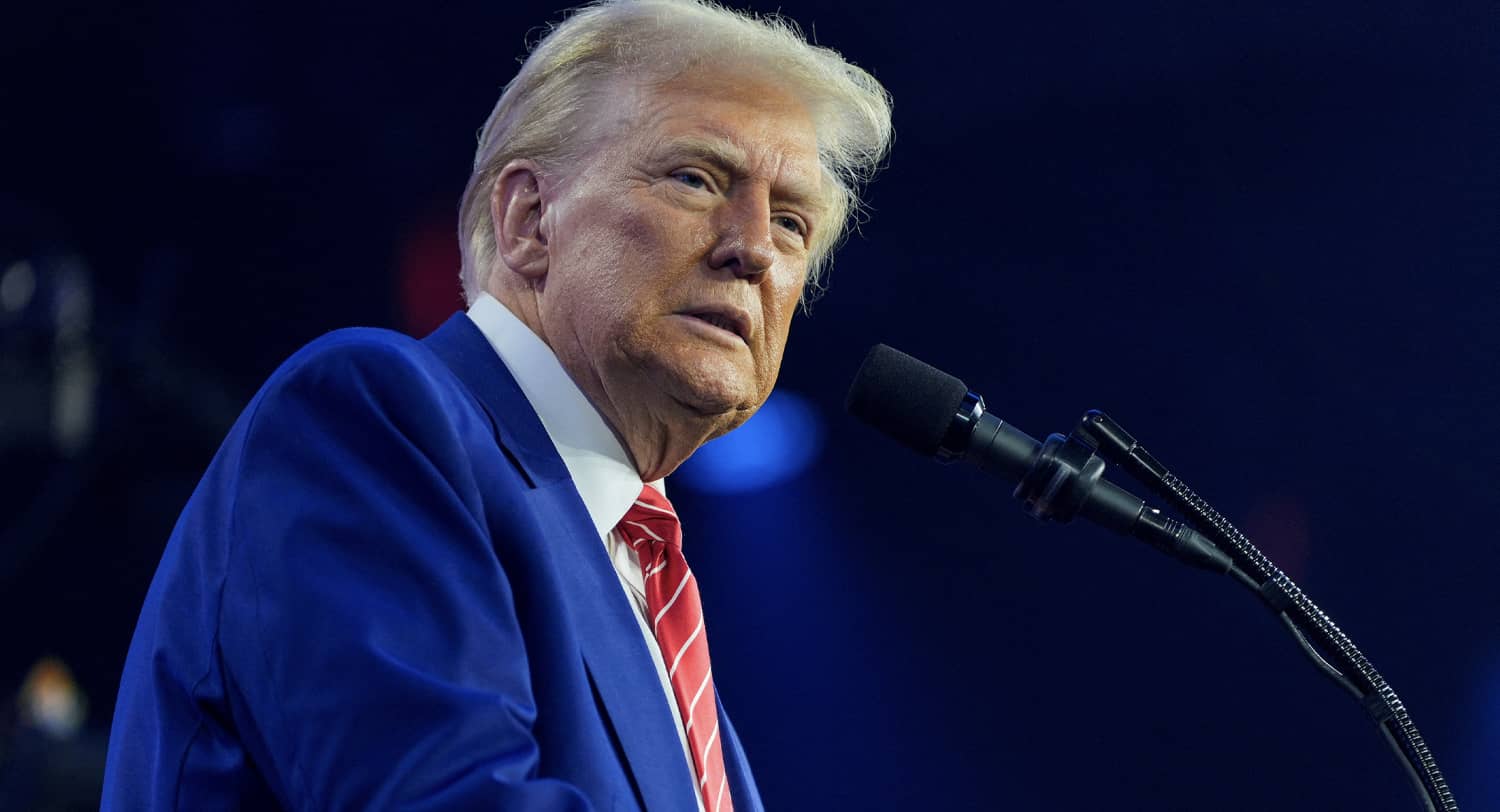When Donald Trump takes the oath of office on January 20, 2025, he will confront a world in turmoil. What are the four biggest foreign policy crises/opportunities that he will likely face over the next year?
The first and most obvious is Ukraine. Ever since he invaded on February 24, 2022, Russian president Vladimir Putin has been intent on subduing Ukraine as an independent and viable nation. Soviet premier Nikita Khruschev once referred to West Berlin as “a bone in my throat.” Putin, who has repeatedly condemned successive waves of NATO expansion during the 1990s, appears to hold a similar view toward Ukraine, where he has consistently meddled over the past several decades.
Trump vowed on the campaign trail that he could end the war within 24 hours. Ukrainian president Volodymyr Zelensky appears to agree with Trump’s optimistic assessment. He has recently stated that Trump “will be able to bring peace and end Putin’s aggression” after he takes office. It is clever positioning on Zelensky’s part especially since Putin is rejecting Trump’s peace proposal for freezing the conflict and creating a demilitarized zone. If Putin remains intransigent, the likelihood rises that Trump, who has appointed Republican hardliners Marco Rubio and Mike Walz to head his foreign policy team, will adopt a tougher posture towards Russia than did President Joe Biden.
The second issue is Iran. The collapse of Bashar al-Assad’s dictatorship in Syria delivered a serious blow to Iran’s pretensions to regional leadership. So has Israel’s battering of Hizbullah in Lebanon and Hamas in the Gaza Strip. Now Iran is isolated. Its economy is faltering as merchants strike in Tehran. Many of its woes can be traced back to an energy crisis that the regime permitted to develop even as it engaged in expensive and futile attempts to expand its geopolitical influence. “We are facing very dire imbalances in gas, electricity, energy, water, money and environment,” President Masoud Pezeshkian declared in December. “All of them are at a level that could turn into a crisis.”
At the same time, Biden is apparently discussing the possibility of a strike on Iran’s nuclear facilities before Trump becomes president. It would be a bold move that might help Biden to efface the stain of his botched withdrawal from Afghanistan—if it were successful.
Former British Minister of Security Tom Tugendhat is predicting that Iran will collapse. He recently told me the following: “There are moments like now when the old era is dead, the old illusions are dead, and various things are killing it. And I suspect that the regime in Tehran will be gone in the next few years as well. So I think there’s a real opportunity for freedom to spread and for opportunity to spread.” Should the regime in Tehran be toppled by an internal revolt, it would present Trump with the chance to reinvent the Middle East at the very outset of his presidency. For someone who likes to think big and is eager to claim the Nobel Peace Prize, it might be a well-nigh irresistible opportunity.
Number three is Taiwan. Trump has been threatening 60 percent tariffs against China, but he has also been noisily complaining about Taiwan as a foreign policy mendicant and free rider. He has indicated that it should pay America for “protection” and that it has pilfered America’s chip business. In his New Year’s address, Chinese leader Xi Jinping underscored that he is intent, one way or another, on achieving what Beijing sees as reunification with Taiwan: “The compatriots on both sides of the strait are one family. No one can sever our blood ties, and no one can stop the historical trend of the reunification of the motherland!” Will Trump boost American support for Taiwan in the face of such admonitions? Or will he agree to a spheres-of-influence deal to give China a free hand?
The fourth difficulty for Trump is a potential international economic crash. The tariffs he is threatening to impose upon Europe, Canada, Mexico and China – if indeed they are implemented rather than used as bargaining chips to gain concessions – could lead to a trade war reminiscent of the 1930s. Harvard economist Kenneth Rogoff, who predicted a Trump economic boom in 2016, is decidedly less sanguine eight years later. According to Rogoff, “As the global economy falters and geopolitical tensions rise, challenges are bound to emerge. If, as expected, the new administration includes many inexperienced members, it may struggle to overcome these early economic hurdles. Should that happen, any boom could quickly give way to the first non-pandemic recession of the Trump era.”
For his part, Trump seems more ebullient than ever. On January 3, for example, he tweeted, “TRUMP WAS RIGHT ABOUT EVERYTHING.” The first year of his second term may put that confidence to the test.

